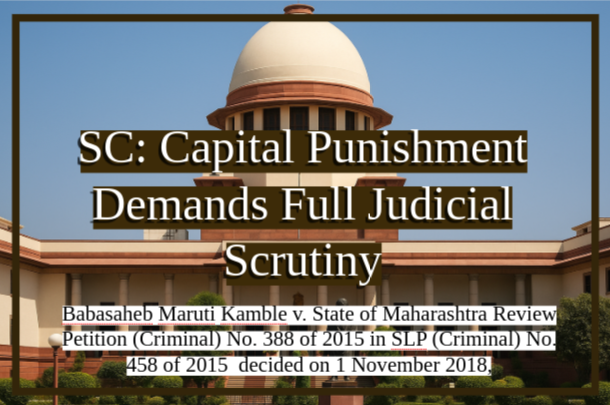UK Supreme Court Clarifies Law on Secret Commissions in Motor Finance Agreements
- M.R Mishra

- Aug 10, 2025
- 3 min read
The UK Supreme Court’s 2025 ruling on motor finance commissions marks a decisive moment for the automotive finance industry, sharply narrowing the scope for consumer claims and providing much-needed legal clarity around historic practices.
What's The Matter?
In the cases of Hopcraft, Wrench, and Johnson, claimants had purchased cars on finance arranged through the selling dealer, who also acted as an intermediary (or “dealer broker”) between borrower and lender. These businesses often received substantial, sometimes undisclosed commissions from lenders a practice at the heart of widespread complaints and class action threats.
Previously, the Court of Appeal had caused industry turmoil by holding that dealer brokers owed customers not only fiduciary duties (requiring loyalty and transparency), but also a less stringent “disinterested duty,” and that undisclosed or only partially disclosed commissions could be actionable as bribery or breach of fiduciary duty.
On this basis, the Court of Appeal held lenders liable to compensate consumers and triggered expectations of mass redress running into billions.
What The Court Said?
The Supreme Court, however, took a more practical approach. It ruled that except in rare circumstances dealers arranging finance do not owe fiduciary duties to customers. These are typical arm’s length commercial transactions where the dealer is seeking to sell a car, not to act “selflessly” in the customer’s sole interest.
This means that claims of secret commissions being “bribery” or lenders being guilty of “dishonest assistance” in breach of fiduciary duty cannot succeed unless an actual fiduciary relationship exists, which will be exceptional in this context.
Importantly, the Court rejected the idea (from prior legal thinking) that a so-called “disinterested duty” is enough for such claims. It also made clear that boilerplate disclosures , such as saying “a commission may be paid” do not meet the standard for “informed consent.” Full and meaningful disclosure is required if a firm wants to avoid risk.
Where, then, do consumers stand? Mass claims based on the non-disclosure of commission are essentially ruled out as a matter of common law and equity. But the Court did find for one claimant, Mr. Johnson, under the statutory regime of section 140A of the Consumer Credit Act 1974, which lets courts override “unfair” relationships between consumer and lender.
This is a much more fact-specific test: Mr. Johnson’s win turned on the large commission (about 25% of the loan), misleading documentation, and failure to disclose the tie between dealer and lender.
The Supreme Court spelled out that unfairness under this section depends on several factors the scale and nature of commissions, how (and if) they were disclosed, the consumer’s characteristics, and compliance with FCA rules but reiterated that outcomes will very often turn on individual case specifics.
The implications of the current legal and regulatory landscape suggest that consumers will now only rarely succeed in court claims regarding undisclosed commissions, unless the circumstances are particularly egregious and meet the statutory "unfair relationship" test.
While the widespread threat of mass compensation through litigation has significantly diminished, some regulatory risks persist, particularly as the Financial Conduct Authority (FCA) is consulting on an industry-wide redress scheme aimed at addressing historic issues, especially those involving discretionary commissions and misleading practices.
Dealerships and lenders must prioritize robust and transparent commission disclosure practices while ensuring all consumer documentation aligns with FCA expectations moving forward. For the majority of affected consumers, redress is more likely to be achieved through participation in the FCA’s proposed scheme rather than through individual court actions.
This shift underscores the importance of regulatory compliance and proactive measures to mitigate future risks.
The Supreme Court’s decision brings relief and certainty to the motor finance sector, curbing the risk of unlimited litigation and allowing businesses to quantify and prepare for any regulatory compensation.
However, the saga is not over: with a regulatory redress scheme on the horizon and the FCA actively monitoring, the industry is still encouraged to proactively review and, where needed, improve its processes to ensure fair treatment of customers.
Disclaimer: The views expressed in this blog are for informational purposes only and do not constitute legal advice. Readers are advised to consult a qualified legal professional for specific guidance on their individual circumstances.







A website called HMFusa was made by Hyundai Motor Finance USA, which is the financial services part of Hyundai Motor America.